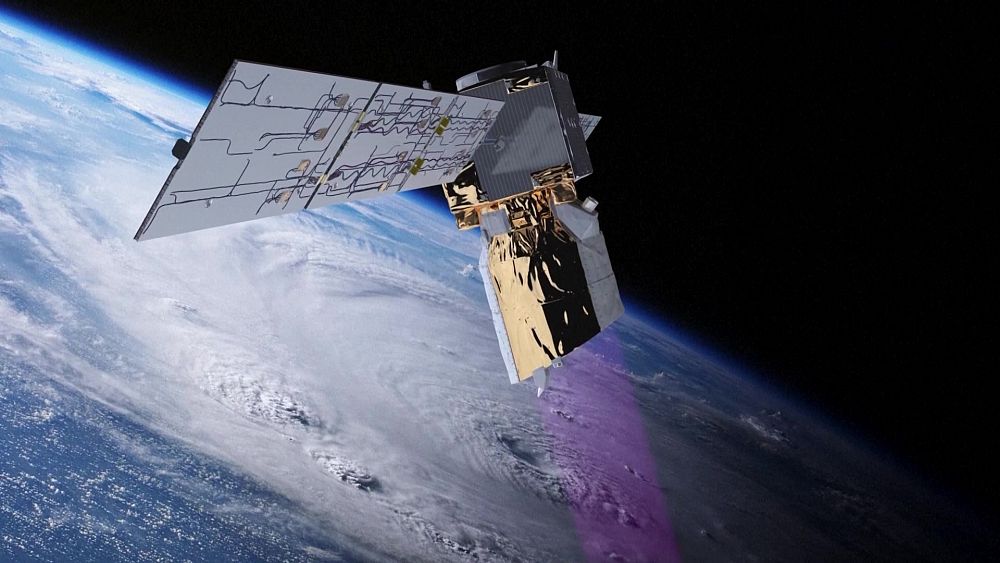LONDON (ICIS)–A Turkish-Bulgarian provide deal may permit Russian fuel to be piped into the EU as a part of LNG swaps delivered anyplace within the bloc, based on sources.
Russian pipeline fuel or LNG imports are usually not banned within the EU, however the bloc is aiming to part them out by 2027 – eight years sooner than the top of the settlement between Turkish incumbent BOTAS and its Bulgarian counterpart, Bulgargaz.
Beneath the 13-year settlement introduced in January, BOTAS and Bulgargaz would share cross-border capability on the Strandzha-Malkoclar border level, which was previously used for Russian imports into Turkey through the Trans-Balkan pipeline. Flows on this path stopped in 2020.
When the deal was first introduced , the Turkish ministry of power and pure fuel sources stated Bulgargaz could be granted entry to Turkish LNG terminals and home transmission infrastructure.
Nonetheless, market sources informed ICIS that beneath the deal, Bulgargaz would obtain volumes on the entry level however it will be BOTAS delivering them on the border – relatively than the Bulgarian firm instantly utilizing Turkish LNG terminals and the Turkish home community to import them.
The main points of the settlement have been first revealed by Bulgarian web site Trud.bg.
BOTAS didn’t reply to questions from ICIS whereas Bulgargaz declined to touch upon the main points of the purported deal.
ICIS believes that the deal opens up the potential for BOTAS utilizing Bulgargaz and the Bulgarian transmission system as a springboard to different European markets. This might embody Russian fuel.
A deal on this foundation is more likely to increase questions at EU degree as a result of firms energetic regionally may in impact be barred from instantly competing for volumes.
LNG SWAPS
In accordance with ICIS sources, Bulgargaz and BOTAS are to separate the transmission capability on the Strandzha-Malkoclar border level in the course of the deal.
Bulgargaz is anticipated to buy LNG for its personal wants. Sources stated LNG cargoes may very well be delivered at Turkey’s not too long ago commissioned Gulf of Saros LNG terminal, at different Turkish LNG terminals or presumably even at terminals in EU international locations.
It’s unclear the place the fuel equipped by BOTAS may originate. BOTAS imports pipeline fuel from Russia, Iran, Azerbaijan, in addition to LNG from world sources. It has additionally not too long ago began its personal Black Sea manufacturing.
ICIS understands that BOTAS can even use the transmission capability on the border for its personal export wants, whether or not that’s inside Bulgaria or to ship volumes to neighbouring international locations reminiscent of Romania, Serbia, Greece. ICIS sources say BOTAS can even sublet its capability on the border to 3rd events.
BORDER CAPACITY AND FLOWS
Publicly obtainable information printed by the European community of transmission system operator for fuel (ENTSOG) point out that some entry capability into Bulgaria from Turkey has been booked since April till October 2023.
Between 1 April-1 July, 63.2GWh/day have been booked. For the interval 1 July-31 October, the booked capability has barely decreased to 53.2GWh/day. ENTSOG information present no obtainable capability.
It’s unclear what the utmost capability of the pipeline is. This isn’t indicated by Bulgarian fuel grid operator Bulgartransgaz on its web site. It says there isn’t a interconnection settlement on the border level and “the technical capability can’t be outlined”.
Since Turkey shouldn’t be a member of the bloc, EU capability allocation guidelines on use-it-or-lose-it don’t apply. Equally, Turkey shouldn’t be obliged to publish info associated to flows on the border.
On the Bulgarian aspect of the border, Bulgarian fuel grid operator Bulgartransgaz is anticipated to publish information on entry factors into the transmission system, consistent with EU regulation. The info publication requirement pertains to bodily flows, technical capability or complete contracted agency and interruptible capability.
Knowledge printed on the Bulgartransgaz web site point out that a median of 17.8GWh/day (1.7 million cubic metres/day) have been imported into Bulgaria through the Strandzha-Malkoclar entry level between 12-18 April 2023.
The Company for the Cooperation of Power Regulators (ACER), the EU physique liable for coordinating power regulators’ actions within the bloc, confirmed to ICIS that market members engaged within the buy or sale of LNG for supply into the EU have been topic to reporting necessities.
These necessities consult with transactions on wholesale power markets in addition to rules issued in 2022, requesting firms shopping for or promoting LNG for supply within the EU to report information to ACER .
Nonetheless, the EU physique didn’t touch upon whether or not this deal and any LNG contracts that will have been concluded beneath this framework have been reported to ACER.
ACER additionally confirmed that the EU’s community code on capability allocation doesn’t apply on the Bulgarian-Turkish border since Turkey shouldn’t be within the EU.
